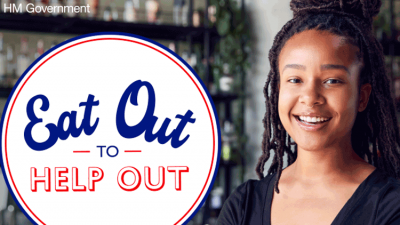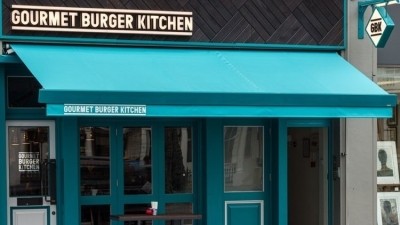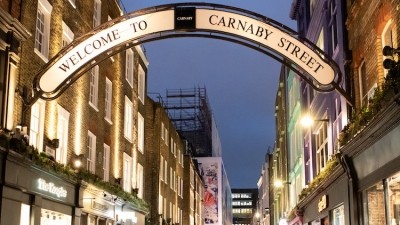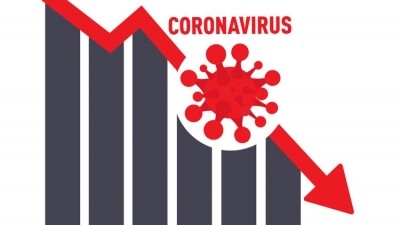Pub and restaurant groups see sales halved in first month back

All parts of the market recorded trading well below July 2019 levels, but restaurants and bars have been the worst hit, with the London market struggling most.
While pub groups collectively saw total sales down 44.7% over the month, restaurant groups in the Tracker cohort were down 59.8%.
Bar sales, meanwhile, were down 63.3%.
London trading was down 58.3% in July, with outside the M25 down 48.5%.
"The figures are a reflection of the fact that reopening of sites has been gradual, and not all by any means are back in business, plus those that are open are in general trading at well below normal levels,” says Karl Chessell, director of the CGA, which produces the Tracker in partnership with The Coffer Group and RSM.
"They also paint a mixed picture, with pubs in general opening up more strongly than restaurants, and London which was hit earliest still struggling to gain traction.”
The Tracker figures show that overall 76% of the group-owned sites that were trading in February were open again by the end of July, but the contrast between pubs, bars and restaurants was stark.
While 94% of managed pubs had reopened, just 62% of bars and only 36% of group-operated restaurants were back in business.
Delivery accounted for 13.1% of sales among the casual dining groups in the Tracker cohort in July, up from 7.4% in March when the effects of Covid-19 were first being felt, and 5.9% in February.
Among the managed pub groups, drink sales performed slightly better than food, with sales down 41% compared to minus 48%.
“Despite the fanfare over the July 4 reopening date for hospitality, in reality trade is recovering slowly," says Mark Sheehan, managing director of Coffer Corporate Leisure.
"The restaurant sector, already under severe pressure pre-Covid has been decimated by the lockdown. The pub sector has proven to be more resilient as expected and is now bouncing back strongly in many areas.
"The August numbers will be helped by more people returning to work, Eat Out to Help Out, and also habits starting to return to usual and so we will see a marked increase in certain areas.
"Central London, however, still lags the rest of the country.”
A total of 49 companies, with between them over 7,500 sites open for business, provided data to the July Tracker.
Commenting on the figures, Paul Newman, head of leisure and hospitality at RSM, adds that business interruption support from Government has been critical in saving the UK eating and drinking out sector during the ongoing crisis.
"July’s results lay bare the challenges that remain for operators," he says.
"The return of consumer confidence is essential but this could take months.
"Key support including the rent moratorium and furlough scheme end in the autumn presenting a watershed moment for many.
"Urgent consideration should therefore be given to extending the Corporate Insolvency and Governance Act."
Newman says that an end of the legislation, which was introduced by the Government in May to help prevent struggling companies having to file for bankruptcy because of economic problems caused by the Coronavirus crisis, brings the spectre of directors becoming personally liable for debts if they are found to be trading whilst insolvent from October 1.
An extension, he concludes, would give pub and restaurant businesses more time to restructure their finances as sales begin to recover.

































